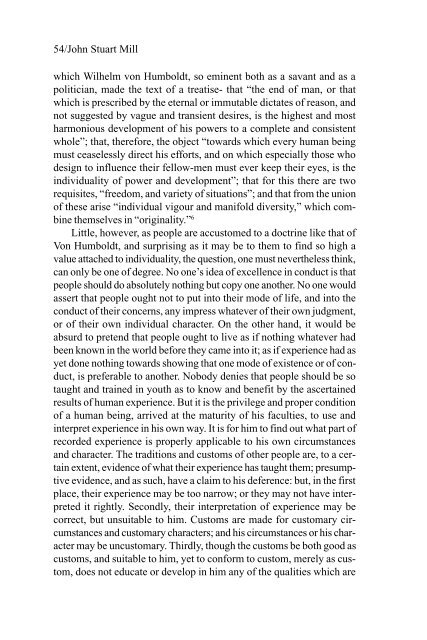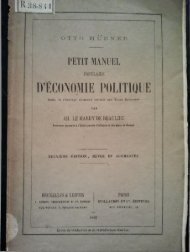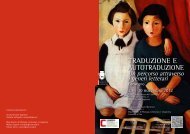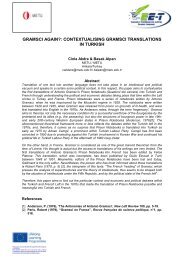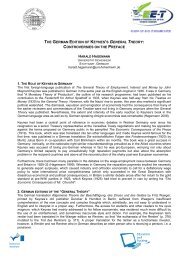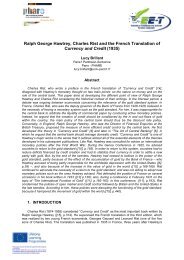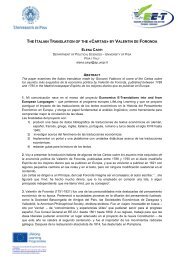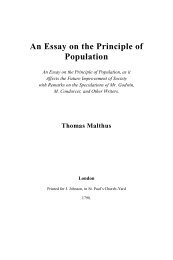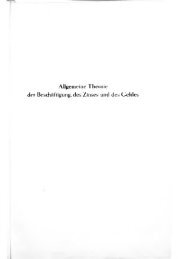On Liberty John Stuart Mill Batoche Books
On Liberty John Stuart Mill Batoche Books
On Liberty John Stuart Mill Batoche Books
Create successful ePaper yourself
Turn your PDF publications into a flip-book with our unique Google optimized e-Paper software.
54/<strong>John</strong> <strong>Stuart</strong> <strong>Mill</strong>which Wilhelm von Humboldt, so eminent both as a savant and as apolitician, made the text of a treatise- that “the end of man, or thatwhich is prescribed by the eternal or immutable dictates of reason, andnot suggested by vague and transient desires, is the highest and mostharmonious development of his powers to a complete and consistentwhole”; that, therefore, the object “towards which every human beingmust ceaselessly direct his efforts, and on which especially those whodesign to influence their fellow-men must ever keep their eyes, is theindividuality of power and development”; that for this there are tworequisites, “freedom, and variety of situations”; and that from the unionof these arise “individual vigour and manifold diversity,” which combinethemselves in “originality.” 6Little, however, as people are accustomed to a doctrine like that ofVon Humboldt, and surprising as it may be to them to find so high avalue attached to individuality, the question, one must nevertheless think,can only be one of degree. No one’s idea of excellence in conduct is thatpeople should do absolutely nothing but copy one another. No one wouldassert that people ought not to put into their mode of life, and into theconduct of their concerns, any impress whatever of their own judgment,or of their own individual character. <strong>On</strong> the other hand, it would beabsurd to pretend that people ought to live as if nothing whatever hadbeen known in the world before they came into it; as if experience had asyet done nothing towards showing that one mode of existence or of conduct,is preferable to another. Nobody denies that people should be sotaught and trained in youth as to know and benefit by the ascertainedresults of human experience. But it is the privilege and proper conditionof a human being, arrived at the maturity of his faculties, to use andinterpret experience in his own way. It is for him to find out what part ofrecorded experience is properly applicable to his own circumstancesand character. The traditions and customs of other people are, to a certainextent, evidence of what their experience has taught them; presumptiveevidence, and as such, have a claim to his deference: but, in the firstplace, their experience may be too narrow; or they may not have interpretedit rightly. Secondly, their interpretation of experience may becorrect, but unsuitable to him. Customs are made for customary circumstancesand customary characters; and his circumstances or his charactermay be uncustomary. Thirdly, though the customs be both good ascustoms, and suitable to him, yet to conform to custom, merely as custom,does not educate or develop in him any of the qualities which are


